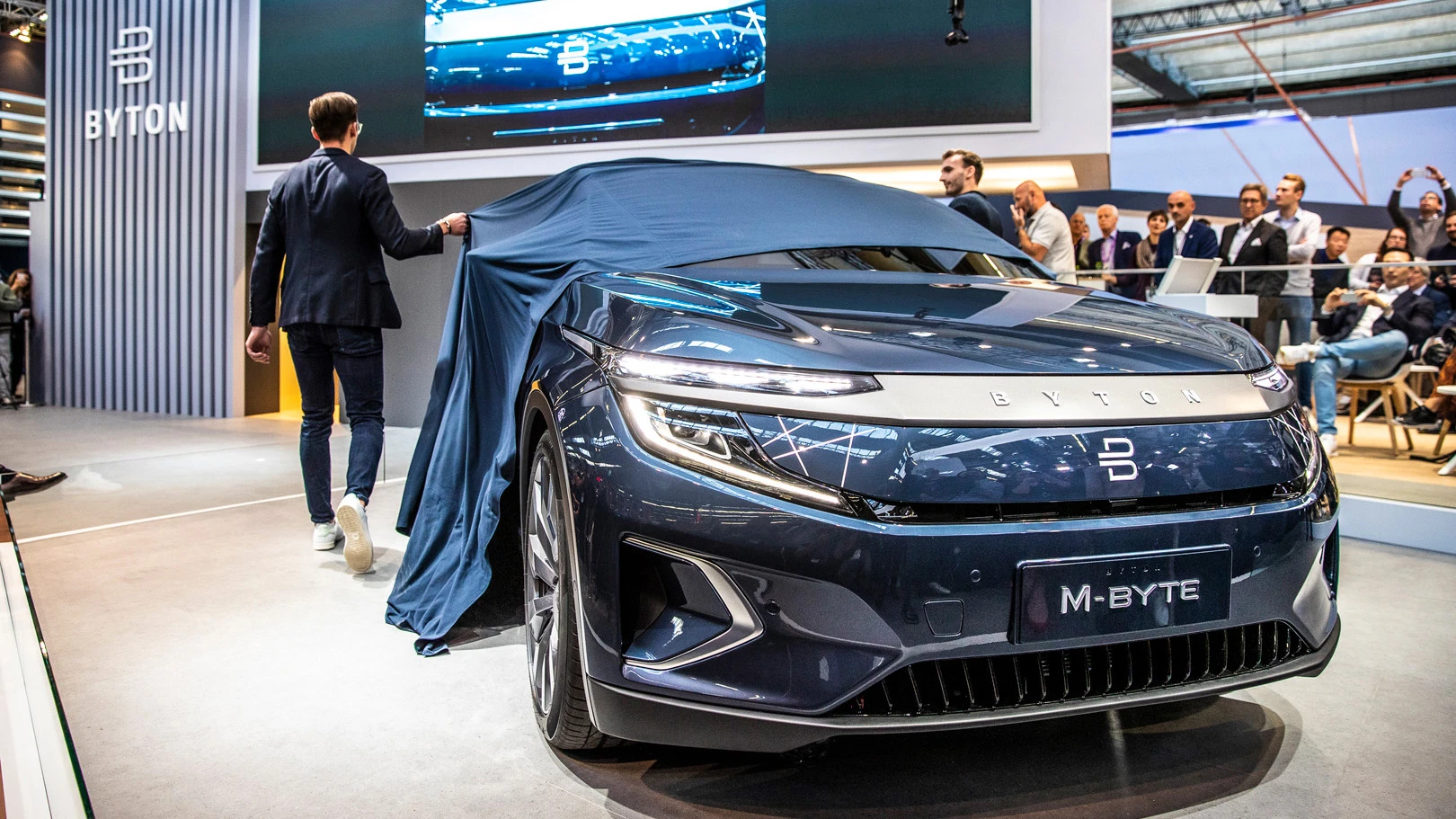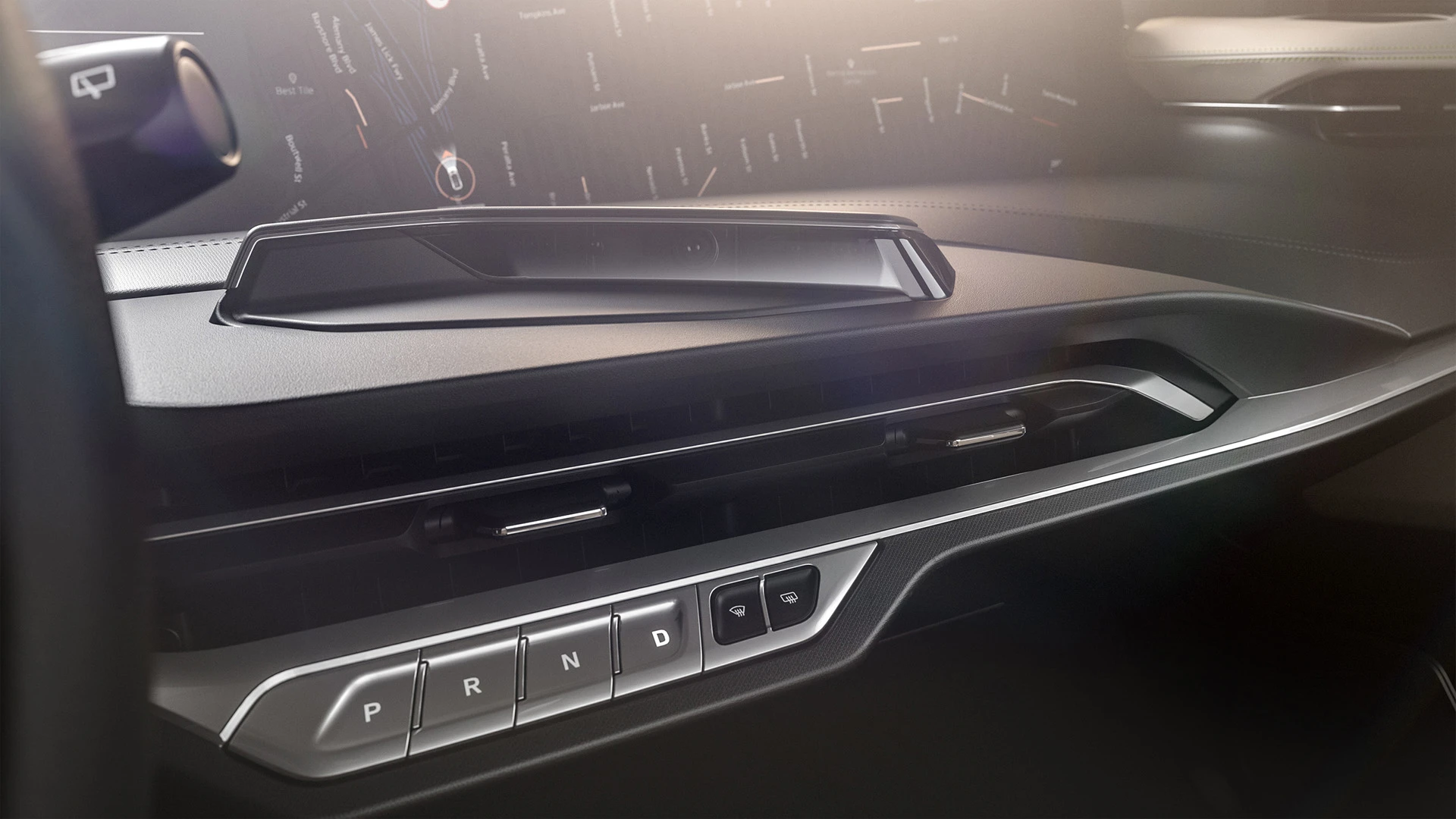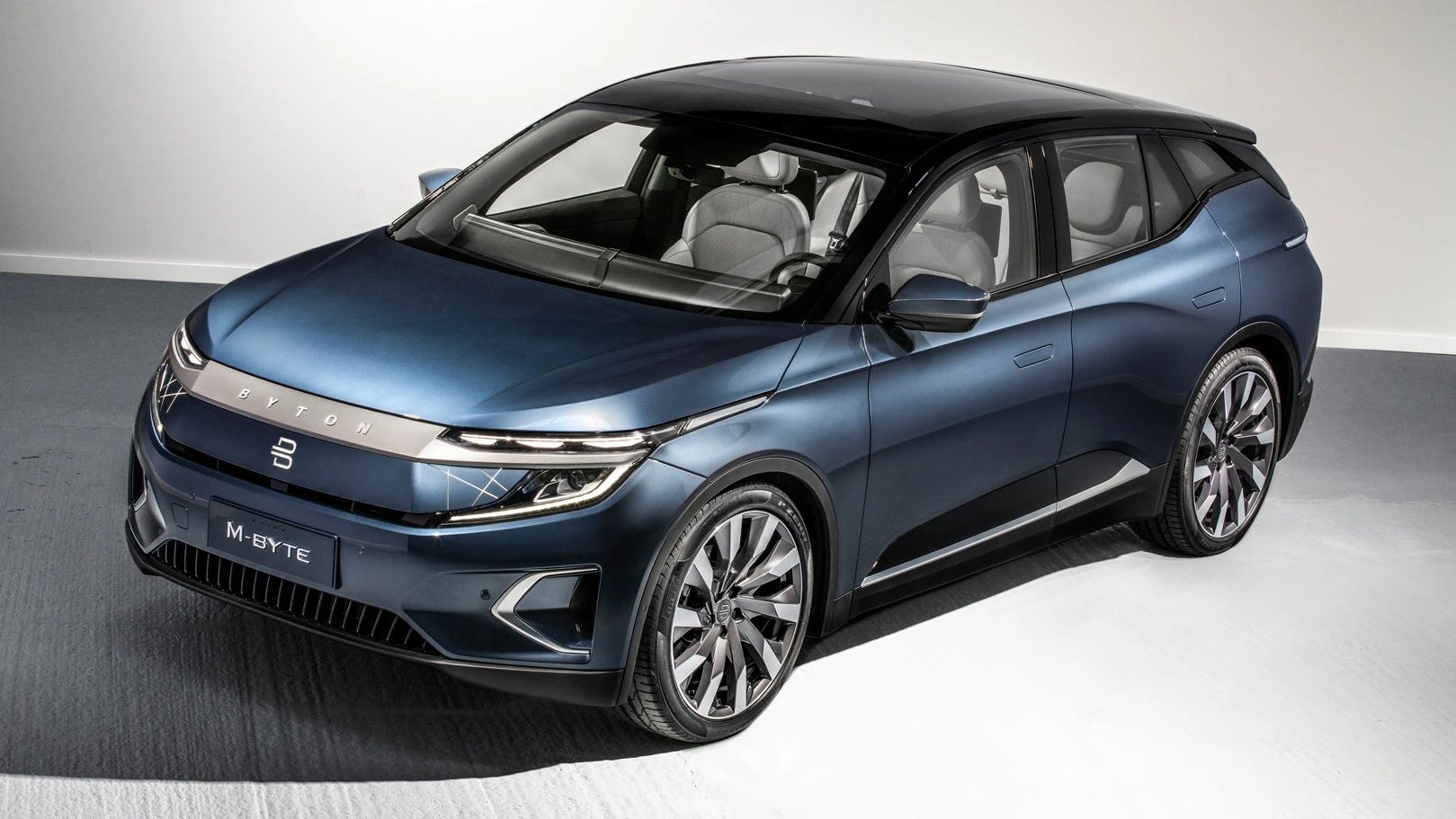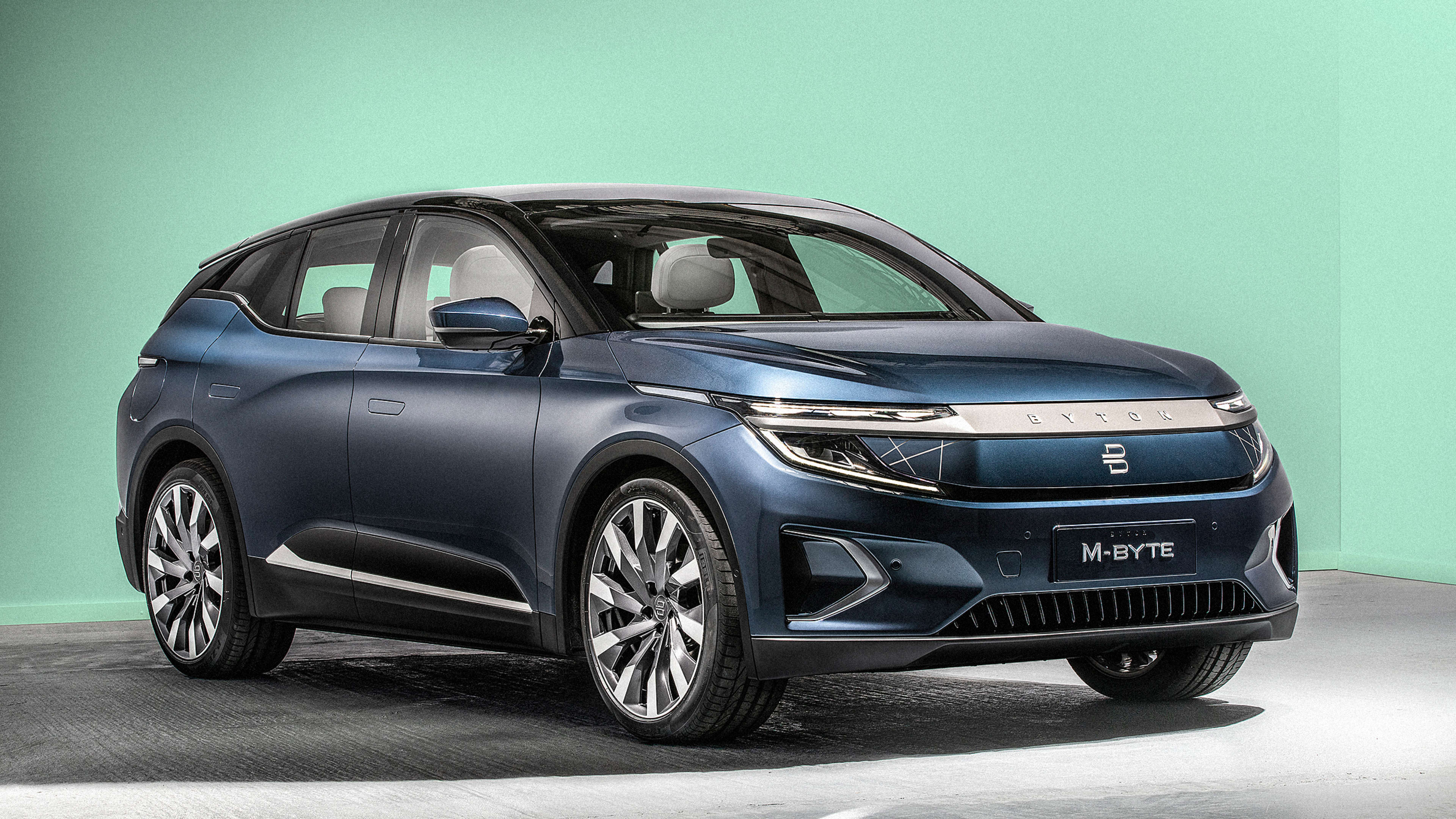United States car buyers who want to switch to electric but who still want the heft of an SUV will soon be spared that tough choice, as Chinese electric-vehicle startup Byton is bringing its M-Byte e-SUV Stateside.
Byton announced this week that it received both a dealer license and a distributor license from the State of California, kicking off what the company touts as its “innovative hybrid retail model” in the U.S. The hybrid element there doesn’t refer to the EVs but to “the sale and service of vehicles using Byton’s own infrastructure” as well as through automotive retail and aftersales service partners, the company said in a statement.

The M-Byte electric SUV is Byton’s first model and is expected to launch in China in 2020 before becoming available in the U.S. and Europe in 2021. Byton—which was founded in Hong Kong in 2017 and unveiled its first concept car the following year—opened a North American headquarters in Santa Clara in 2017. The company initially said its SUV would launch in the fourth quarter of 2019, to be followed by a sedan and an MPV in 2021 and 2022. Those timelines have clearly changed, but the company is still moving forward with even more electric vehicle designs.


The Byton electric SUV is just one of a few bigger EVs coming to the market. Ford unveiled its Mustang Mach-E electric SUV this week—to be delivered to customers in 2020—and both Ford and GM previously announced they were in the process of designing electric pickup trucks.
SUVs are becoming increasingly popular around the world, and not a lot of drivers have been willing so far to swap out their internal-combustion-engine SUVs and trucks for the types of electric vehicles currently available. (Besides, an electric SUV does not mitigate all the problems with such vehicles.) A recent report from the International Energy Agency found that the still-growing demand for SUVs in the U.S, China, Europe, and beyond could actually negate all the environmental benefits of the increased use of electric cars, but maybe once these are on the market, that outlook will change.
Recognize your brand’s excellence by applying to this year’s Brands That Matter Awards before the early-rate deadline, May 3.






